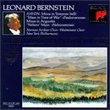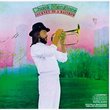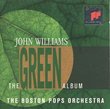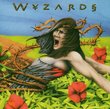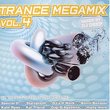| All Artists: Shostakovich, Turovsky, I Musici de Montréal Title: Shostakovich: Shostakovich Circle's Members Wishing: 0 Total Copies: 0 Label: Analekta Release Date: 10/20/2008 Genre: Classical Styles: Chamber Music, Historical Periods, Classical (c.1770-1830) Number of Discs: 1 SwapaCD Credits: 1 UPC: 774204989927 |
Search - Shostakovich, Turovsky, I Musici de Montréal :: Shostakovich: Shostakovich Circle's
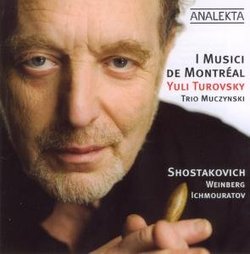 | Shostakovich, Turovsky, I Musici de Montréal Shostakovich: Shostakovich Circle's Genre: Classical
SHOSTAKOVICH: PRELUDE AND SCHERZO, OP. 11 These two pieces, each 5-6 minutes in length, date from the composer's student days at the Leningrad Conservatory in 1924-1925. Though originally written for double string quartet,... more » |
Larger Image |
CD Details
Synopsis
Album Description
SHOSTAKOVICH: PRELUDE AND SCHERZO, OP. 11 These two pieces, each 5-6 minutes in length, date from the composer's student days at the Leningrad Conservatory in 1924-1925. Though originally written for double string quartet, the instrumentation can be expanded for larger ensembles that include double basses. In 1987, after writing nineteen numbered symphonies, Weinberg composed his first Chamber Symphony (three more were to follow) - hence, the high opus number. The slow movement opens with a "walking bass" pattern over which a mournful theme slowing unfolds, eventually reaching a climax. Then comes an elegant, rather sprightly interlude, following which the two ideas are combined. The third movement resembles a ghostly dance made up of with wraithlike wisps of sound, attenuated textures and a sense of remoteness as if coming from another world. The brief finale rushes along with irrepressible energy and youthful high spirits. ICHMOURATOV: FANTASTIC DANCES, OP. 15 The three dances were inspired by Natasha Turovsky's eponymous, surrealistic paintings. SHOSTAKOVICH: TWO PIECES FOR STRING QUARTET These two numbers are adaptations for string quartet from very disparate sources: The Elegy is derived from Katerina's aria in Act I, Scene 3 of the opera Lady Macbeth of the Mzensk District, while the Polka comes from the ballet score The Age of Gold.
Similar CDs
| Chuck Mangione Journey to a Rainbow Genres: Jazz, Pop Label: Sony | |
| Wyzards Final Catastrophe Genres: Pop, Rock Label: Sensory Records | |
| Various Artists Trance Megamix, Vol. 4 Genres: Dance & Electronic, Pop Label: More Music | |

 Track Listings (11) - Disc #1
Track Listings (11) - Disc #1